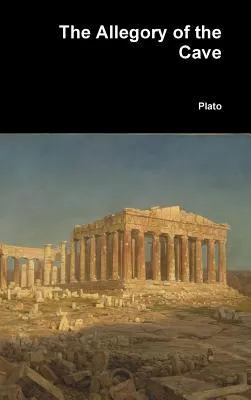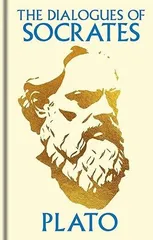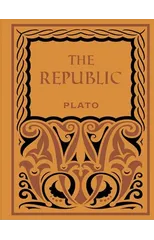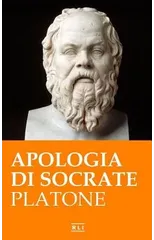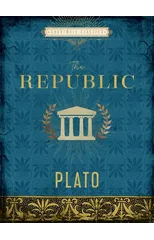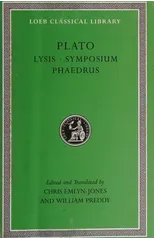Plato's Allegory of the Cave is one of the most elegant and important metaphors in Western philosophy. It is a dialogue between Plato's brother Glaucon and his mentor Socrates, narrated by the latter, in which Plato elucidates his Theory of Forms.
Plato
Plato was an ancient Greek philosopher and the founder of the Academy in Athens, the first institution of higher learning in the Western world. His most notable works include "The Republic," "Symposium," and "Phaedo." Plato's dialogues are written in the form of conversations between Socrates and other characters, exploring themes such as ethics, politics, and metaphysics.
Plato's influence on literature is profound, as his philosophical ideas have inspired countless writers and thinkers throughout history. His most famous work, "The Republic," is a seminal text in political philosophy and has had a lasting impact on the genre. Plato's literary style is characterized by its use of dialogue, dialectic, and allegory, making his works both engaging and thought-provoking.
